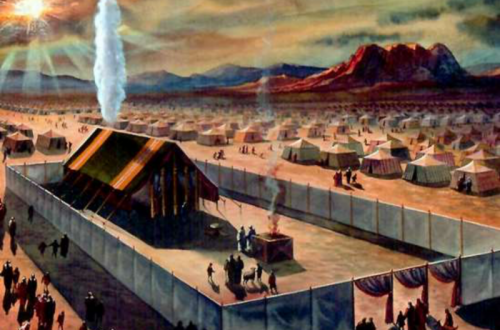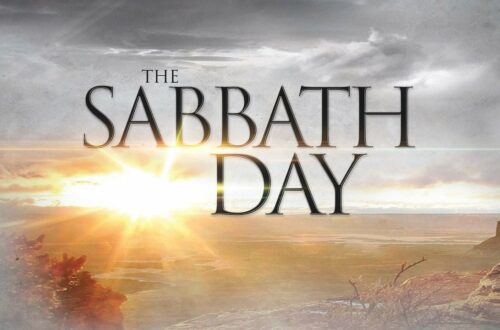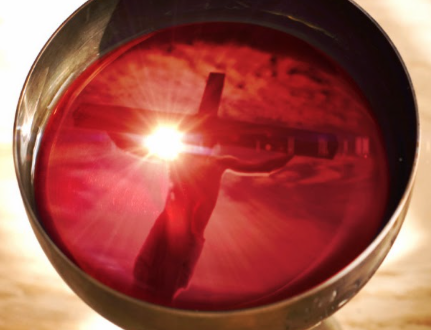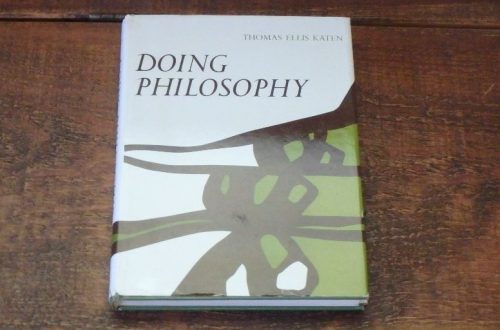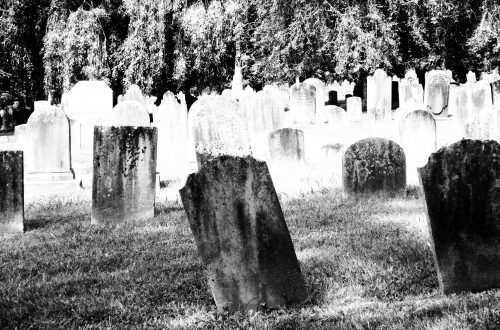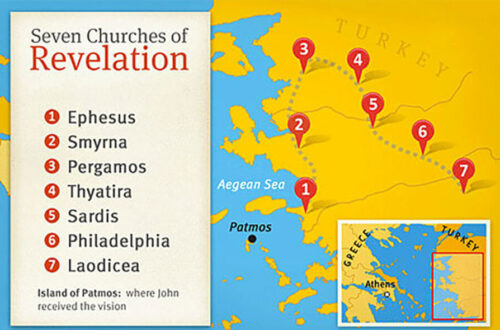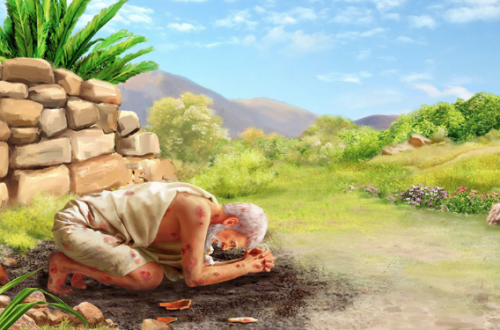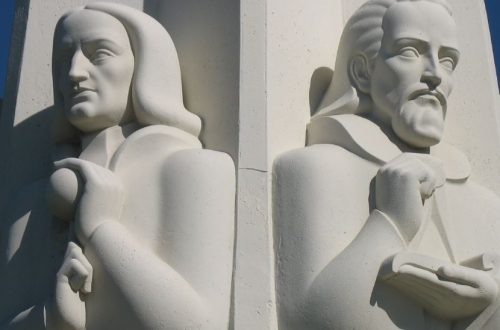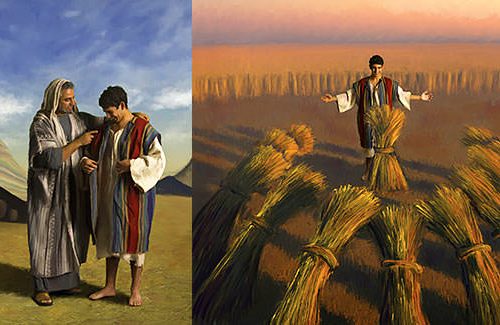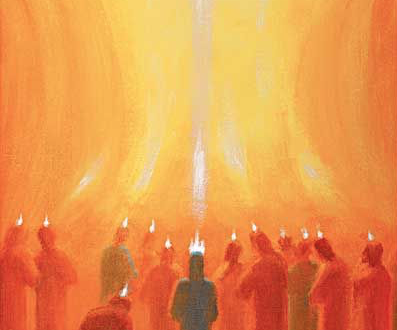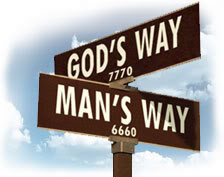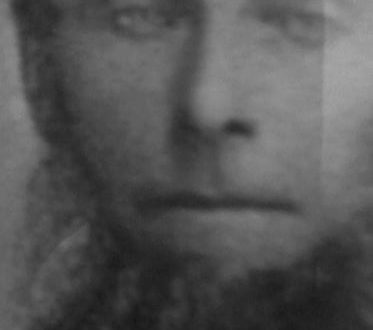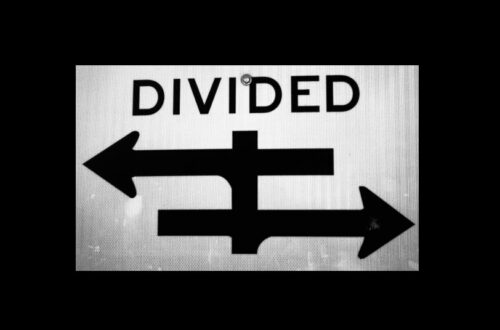-
Rescued by God
Exodus 14:19–31 is part of the lectionary readings for the fifteenth Sunday after Pentecost, which is September 13th. We learned last week that after the deaths of all the firstborn in Egypt, Pharaoh yielded to the Lord’s demands and ordered the Israelites to leave his land (5:2–12:31). God did not lead the Israelites on the shortest route between Egypt and Canaan. The shortest route to the promised land would have been along the Mediterranean Sea and would have taken only a few weeks. Essentially a military road of the Egyptians, this route went through Amalekite and Philistine country. Along this route were many Egyptian military outposts. God knew that if…
-
A new beginning for God’s people
Exodus 12:1–14 is part of the lectionary readings for the fourteenth Sunday after Pentecost, which is September 6th. Previously, God revealed to Moses that He would harden Pharaoh’s heart. Even though the Lord would perform increasingly severe “signs and wonders” (7:3) throughout Egypt, the nation’s ruler would refuse to listen to Moses. Yet, Pharaoh’s stubbornness would only intensify the great “acts of judgment” (v. 4) the Lord would use to bring His people out of Egypt. Furthermore, these miraculous deeds would prove to the Egyptians that the God of Israel was the sovereign Lord of the universe (v. 5). It’s helpful to remember that Egypt was polytheistic, which means the…
-
Moses, called by God to deliver His people
Exodus 3:1–15 is part of the lectionary readings for the thirteenth Sunday after Pentecost, which is August 30th. The account recorded in chapters 1 and 2 relates that Pharaoh believed the enormous number of Israelites living in Egypt were becoming an existential threat to the nation. He therefore ordered that they be enslaved and placed into labor gangs under harsh Egyptian taskmasters (1:9–11). Moses, who by that time had become a prominent member of Pharaoh’s court (Acts 7:22), reacted in anger at the cruelty of an Egyptian who was brutally beating an Israelite slave. For this reason, Moses murdered the Egyptian. Next, at the age of 40 (v. 23), Moses…
-
Taking a stand for what is right
Exodus 1:9–2:10 is part of the lectionary readings for the twelfth Sunday after Pentecost, which is August 23rd. For the sake of brevity, this study primarily focuses on the narrative in chapter 1. Genesis reveals how Joseph was sold into slavery by his jealous brothers. Yet, in time, Joseph rose to prominence in Egypt and became the prime minister. When famine struck Canaan, Joseph’s brothers sought relief in Egypt. While there, they happened upon their long-lost brother and discovered that he was in a position to get them the resources they needed to keep from starving. Joseph forgave his brothers. And since the famine was continuing to worsen, he invited…
-
Joseph, used by God to preserve a remnant
Genesis 45:1–15 is part of the lectionary readings for the eleventh Sunday after Pentecost, which is August 16th. Genesis 41:53-57 leaves the impression that life was busy and absorbing for Joseph, both personally and professionally. It became even more so as seven years of drought and famine began, for Pharaoh directed his starving population to go to Joseph for the food they needed to survive. The famine extended even to Canaan and affected its inhabitants. Moreover, chapters 42–44 reveal that as the situation worsened throughout the Fertile Crescent, Jacob was forced to send his remaining sons (except for Joseph’s full brother, Benjamin) to Egypt to buy grain for the family.…
-
Joseph’s dream
Genesis 37:1–4 and 12–28 are part of the lectionary readings for the tenth Sunday after Pentecost, which is August 9th. The narrative concerning Joseph begins when he was a young man of 17. Joseph and some of his brothers were taking care of his father’s flocks (v. 2). The brothers had done something inappropriate while they were away from home tending the sheep. Joseph saw the wrongdoing and informed Jacob. Commentators take different views of Joseph’s action. Some censure him as a tattletale, while others commend him for acting as a conscientious son. Although the text doesn’t state it, the brothers undoubtedly felt bitterness toward their younger sibling because he…
-
The faithfulness of God
Romans 9:1–5 is part of the lectionary readings for the ninth Sunday after Pentecost, which is August 2nd. In chapters 1 through 3, Paul spoke about the responsibilities of Jews and Gentiles in light of the knowledge God had provided for each of them. Then, in chapters 9 through 11, the apostle advanced the preceding discussion by describing the roles each group would play in God’s plan of salvation. On the one hand, the Israelites had gloried in the fact that they were God’s chosen people (Deut. 7:6; 14:2; 1 Kings 3:8). Yet, on the other hand, they had largely forsaken the Creator, and subsequently He gave believing Gentiles a…
-
God’s glorification and vindication of believers
Romans 8:26–39 is part of the lectionary readings for the eighth Sunday after Pentecost, which is July 26th. In 7:1–12, Paul described how sin (personified as a despotic power) used the Mosaic Law to arouse the desire for iniquity within people. When believers trusted in the Son, their relationship to the Law was severed. In turn, this undercut a major way sin exercised its unchallenged authority in their lives. Next, in verses 13–25, the apostle described what life dominated by the sinful nature looked like. He affirmed how easy it was for people to succumb to sin’s control. He also revealed that it was only through faith in the Son…
-
A remarkable dream and a solemn vow
Genesis 28:10–19 is part of the lectionary readings for the seventh Sunday after Pentecost, which is July 19th. In 25:29–34, we learn how Esau bartered away his inheritance rights to Jacob. Sometime later, Jacob used blackmail and deceit to take Esau’s blessing from him (27:1–40). Officially, Jacob was now the more prominent of the two brothers, and Esau detested Jacob for it. Esau’s grudge was so intense that he wanted to kill Jacob. Esau knew he could never profit from murdering his fraternal twin while their father still lived. Esau guessed that Isaac would soon die (v. 2). In ancient times, it would be customary for the entire family to…
-
Life in the Spirit
Romans 8:1–11 is part of the lectionary readings for the sixth Sunday after Pentecost, which is July 12th. In chapter 6, Paul explained that we are dead to the absolute control (though not the continuing influence) of sin. Next, in chapter 7, the apostle clarified how, through our baptismal union with Christ, we have died to the Mosaic Law, which sin used to stir up evil within us. Then, in chapter 8, Paul explained how we can walk in newness of life. Because we are God’s children, we must not continue in our former relationship to sin. Towards the end of chapter 7, Paul conveyed his distress over his paralysis…
